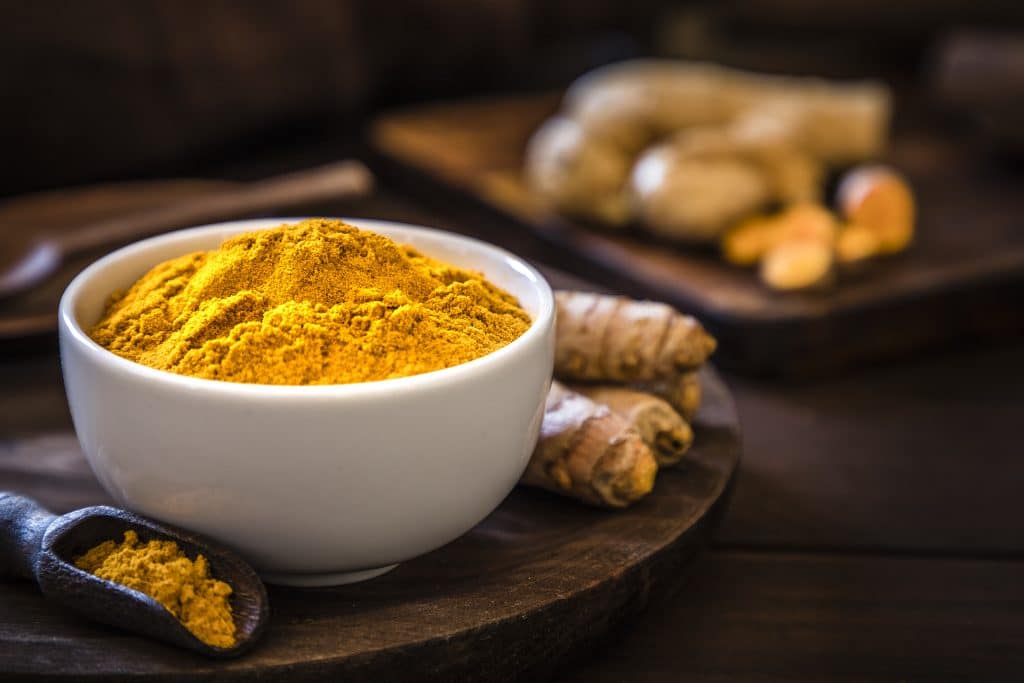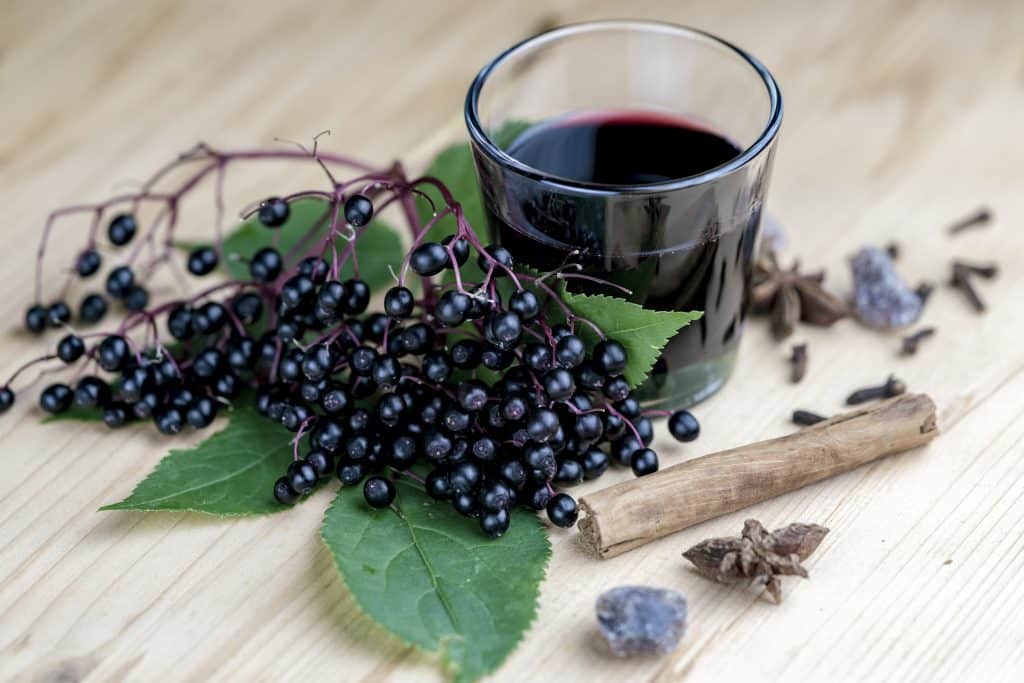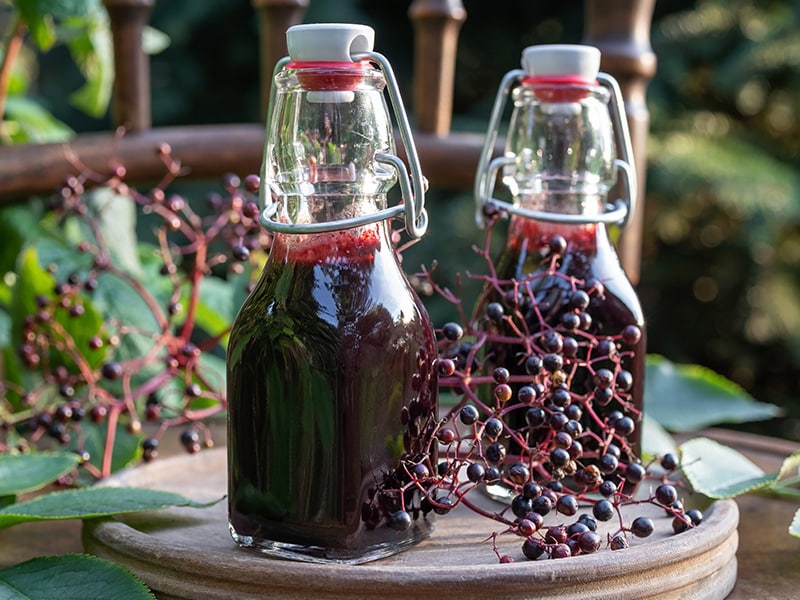There’s a reason folk remedies have such staying power. They have proven medical benefits, and their active ingredients — from the antimalarial quinine in tonic water to the omega-3 fatty acids in cod liver oil — often find their way into mainstream medicine.
For that reason, these aren’t fads in many cases, but time-tested remedies. And that goes for the herbal medicines of the moment: turmeric and elderberry.
Both have anti-inflammatory qualities and have been shown to boost our natural immunity to fend off respiratory infections, like the flu, common cold, or even COVID-19.
“A large body of evidence supports their benefits,” says Jill Waggoner, MD, a family practice physician on the medical staff at Methodist Charlton Medical Center.

The root of the turmeric plant is ground into a fine powder often used as a flavoring in Asian cuisine.
TURMERIC AND CURCUMIN
A pumpkin-colored curry spice, turmeric is touted for helping to prevent cancer, boost immunity, and ease arthritis and even anxiety, among a host of other benefits.
While turmeric root is no cure-all, Dr. Waggoner says, its healing properties are tied to a key ingredient: curcumin, a potent antioxidant and anti-inflammatory agent. That’s why she prescribes curcumin to her COVID-19 patients.
“Curcumin can be used topically or orally,” she explains. “If taken orally, it should be taken with black pepper and oil to increase its bioavailability.”
The chemical isn’t easily absorbed without piperine, the major active component of black pepper. Supplements often come mixed with those ingredients as a complex.
As with most things, moderation is key. When taken in large amounts, curcumin can cause gastrointestinal distress like nausea and diarrhea, as well as liver irritation.

Before making elderberry juice or syrup, you must first cook the berries to remove a toxin called cyanide.
ELDERBERRY
Elderberry also has health benefits, but don’t scarf down the raw black berries, leaves, or bark. They contain poisonous cyanide.
Once processed and packaged in over-the-counter capsules, syrup, and lozenges, elderberry eases upper respiratory symptoms common to colds and influenza, Dr. Waggoner says.
“It is a reasonable option for treatment of mild respiratory viruses,” she adds. “It can be taken several times daily to help with cold or flu symptoms.”
Elderberry is high in Vitamin C, antioxidant phenolic acids and flavonols, and anti-inflammatory anthocyanins, which are commonly found in fruits and vegetables that are blue, black, or dark red.
Supplements substantially reduced upper respiratory symptoms in an experiment with 180 participants, according to a 2018 study published by the NIH. A separate 2016 clinical trial of 312 airplane passengers found that elderberry reduced the duration and severity of colds.
Just don’t expect elderberry to be a panacea if you’re living an otherwise unhealthy lifestyle.
“Of course, it’s not going to do anything for somebody who is drinking, smoking, eating fried foods, and not exercising,” Dr. Waggoner warns.

